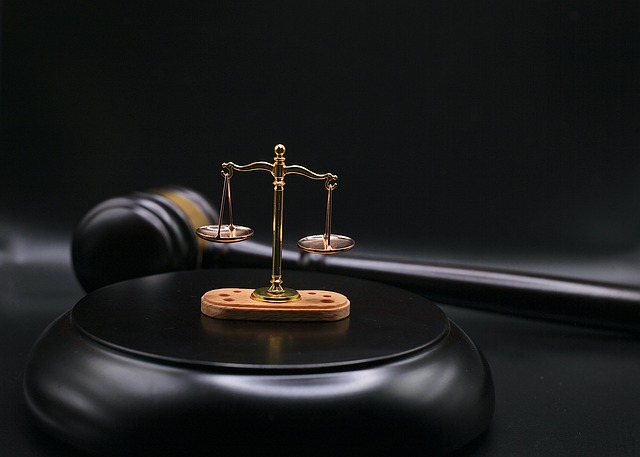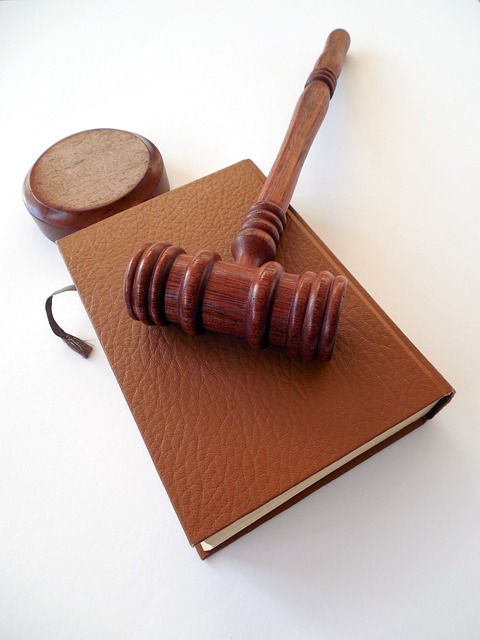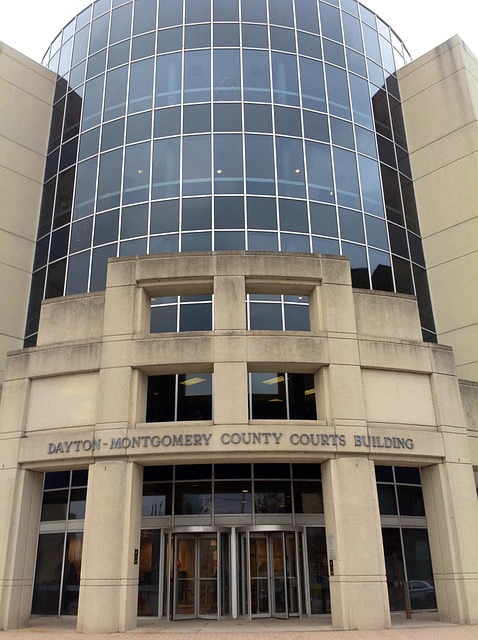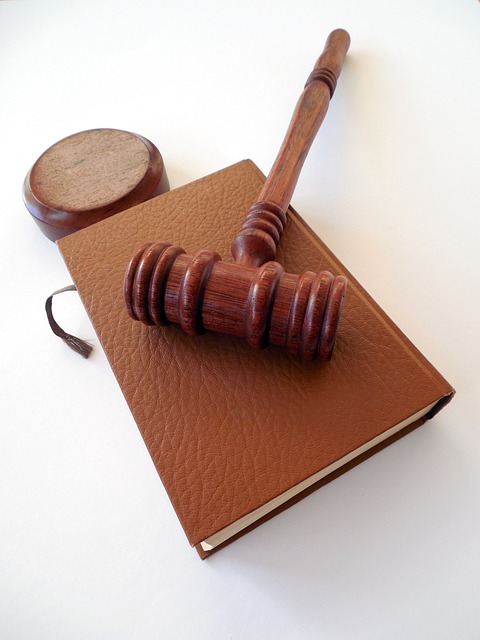Lawyers serve as essential legal gatekeepers in mergers and acquisitions (M&A), ensuring all transactions comply with relevant laws. Their expertise in due diligence is vital, as they meticulously scrutinize financial records, contracts, and other documents to identify potential legal pitfalls that could compromise a deal's success. This due diligence extends beyond the courtroom, guiding strategic decisions within boardrooms and shaping the long-term market positioning of businesses. M&A lawyers navigate complex legal codes, including antitrust laws and securities regulations, to uphold compliance, safeguard stakeholder interests, and ensure transactions are legally sound. The judiciary plays a critical role in overseeing these processes globally, with courts acting as final authorities on legal matters in M&A. Post-merger, lawyers are instrumental in aligning the new entity's legal frameworks with regulatory requirements, addressing any integration issues, and ensuring ongoing compliance to maintain market integrity and avoid litigation risks. Their role is not just to prevent legal violations but also to leverage legal acumen as a strategic tool for corporate growth and success within the law.
Navigating the complex landscape of mergers and acquisitions (M&A) necessitates a robust understanding of legal stipulations and judicial oversight. This article delves into the critical role that legal professionals play in the M&A process, from the meticulous due diligence conducted by lawyers to the courts’ pivotal role in ensuring compliance with the law. We explore the intricate web of legal frameworks governing these transactions and the consequences that arise when they are not adhered to. Furthermore, we examine the post-merger integration phase, emphasizing the importance of aligning acquired entities with prevailing laws to maintain compliance and operational efficiency. Insights into each aspect provide a comprehensive overview of the professional oversight essential for successful M&A processes.
- Navigating Legal Frameworks: The Role of Lawyers in M&A Due Diligence
- Judicial Scrutiny: How Courts Oversee Mergers and Acquisitions for Legal Compliance
- Compliance and Consequences: Understanding the Legal Implications of M&A Transactions
- Post-Merger Integration: Ensuring Legal Alignment and Ongoing Compliance in Acquired Entities
Navigating Legal Frameworks: The Role of Lawyers in M&A Due Diligence

Within the intricate dance of mergers and acquisitions, lawyers stand as gatekeepers, ensuring that each step aligns with the immutable laws that govern corporate transactions. Their role in M&A due diligence is pivotal, as they meticulously navigate legal frameworks to ascertain compliance with statutory requirements. Lawyers scrutinize a myriad of documents, from financial records to contracts, to identify potential liabilities or risks that could impact the viability of the deal. This painstaking process extends beyond the courtroom, into the boardrooms and strategic planning sessions where the future of businesses is often decided. The legal eagle’s expertise in corporate law is not merely a safeguard but a strategic asset, enabling companies to make informed decisions that can shape their market presence for years to come. In essence, the lawyer’s due diligence process is a cornerstone of M&A success, offering a clear lens through which potential pitfalls and opportunities are viewed.
Judicial Scrutiny: How Courts Oversee Mergers and Acquisitions for Legal Compliance

In the realm of mergers and acquisitions (M&A), legal compliance is paramount to safeguard the interests of all stakeholders involved. Judicial scrutiny plays a pivotal role in this process, as courts worldwide serve as the ultimate arbiters of adherence to laws governing corporate transactions. Lawyers specializing in M&A must navigate complex legal frameworks and ensure that every aspect of a merger or acquisition complies with antitrust laws, securities regulations, and other relevant statutes. The courtroom is where these legal battles are fought, with judges examining the intricacies of deal structuring to determine if they align with the prevailing competition laws designed to protect fair market competition and consumer welfare. Judges, often in collaboration with legal experts, scrutinize the documentation and due diligence processes to ascertain that no party engages in deceptive practices or violates the terms set forth by law. This oversight is crucial as it not only upholds the rule of law but also instills confidence among investors and stakeholders that M&A activities are conducted within the bounds of legality. Subsequently, any irregularities or violations can lead to legal challenges and potential reversal of transactions, highlighting the importance of meticulous legal oversight in the M&A process.
Compliance and Consequences: Understanding the Legal Implications of M&A Transactions

In the realm of mergers and acquisitions (M&A), legal compliance is a cornerstone that underpins successful transactions. Lawyers play a pivotal role in this process, meticulously analyzing the legal framework to ensure all activities adhere to relevant antitrust laws, securities regulations, and corporate governance standards. The due diligence conducted by these legal experts is critical; it safeguards against potential legal pitfalls that could arise from complex transactions, potentially leading to litigation in the courtroom if non-compliance issues are not addressed.
The consequences of failing to comply with M&A laws can be severe and far-reaching, impacting both the immediate and long-term viability of the resulting entity. Violations may result in hefty fines, legal penalties, and reputational damage. In extreme cases, executives responsible for the lapse may face criminal charges or personal liability claims. The courtroom serves as the ultimate arbiter when disputes arise, emphasizing the importance of a thorough legal review during the M&A process to avoid such outcomes. Lawyers are tasked with navigating these complex legal landscapes to protect the interests of their clients and ensure that all transactions are executed within the bounds of the law.
Post-Merger Integration: Ensuring Legal Alignment and Ongoing Compliance in Acquired Entities

In the wake of a merger or acquisition, legal alignment within the newly formed entity is paramount to navigate the complex web of regulations and laws that govern business operations. Professional oversight in this phase involves a meticulous examination of all legal frameworks applicable to the acquired entities, ensuring compliance with antitrust laws, employment laws, and any industry-specific regulations. This process necessitates the expertise of attorneys who are adept at identifying potential legal challenges that could arise from the integration. Their role is critical in aligning the corporate governance structures, company bylaws, and operational protocols to comply with the existing legal landscape, thereby mitigating the risk of litigation in a courtroom setting.
Post-merger integration also requires ongoing legal compliance to maintain the integrity of the acquired entities within the broader market. Lawyers play an indispensable role in monitoring changes within the legal environment that could impact business practices. This vigilance includes staying abreast of judicial interpretations and amendments to laws that may affect how the newly merged entity conducts its operations. By ensuring adherence to these evolving legal standards, professionals overseeing the post-merger integration process help protect the company from potential legal disputes and penalties that could undermine the success of the merger or acquisition. The proactive approach of these legal experts in integrating and aligning the acquired entities with the law not only fosters a seamless transition but also lays a solid foundation for sustainable growth and compliance within the organization.
In conclusion, the oversight of mergers and acquisitions by legal professionals and courts is a cornerstone in upholding the integrity and compliance of these complex processes. The role of lawyers in conducting thorough due diligence ensures that all legal considerations are addressed before the transaction is finalized. Courts provide a critical check on M&A activities, scrutinizing the legality of mergers to safeguard stakeholder interests and maintain market fairness. Compliance and legal implications are paramount throughout the entirety of M&A transactions, from pre-deal evaluation to post-merger integration, where ensuring legal alignment and ongoing compliance within acquired entities is essential. This comprehensive approach underscores the importance of a robust legal framework in guiding and overseeing M&A processes, thereby fostering trust and stability in the corporate sector.
